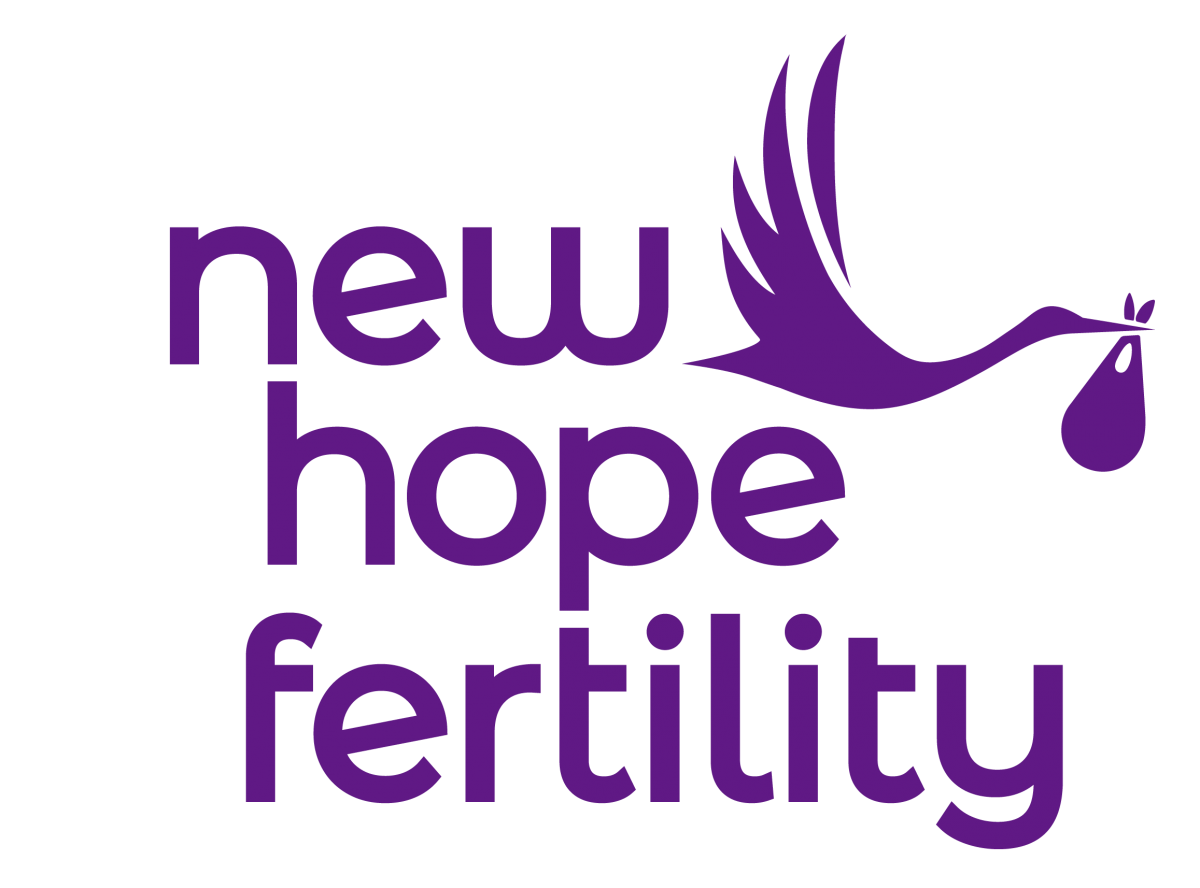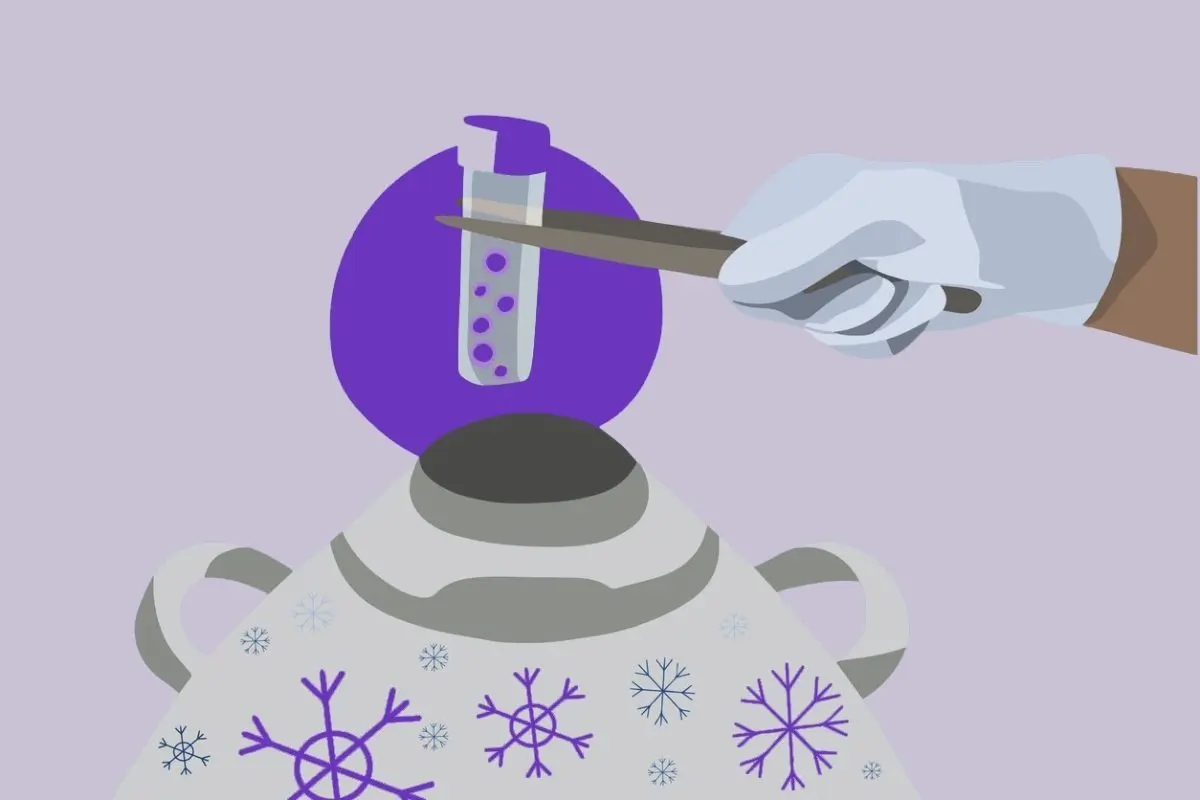Freezing your eggs is a great way to preserve your reproductive options. During the process, eggs are retrieved from the ovaries and then frozen and stored for potential use for weeks, months, or even years in the future.
So what do you need to know before you ask your doctor about it? Below, we’re covering some of the essential basics around freezing your eggs, including the cost of freezing eggs in 2024 and the role that age plays in egg-freezing success rates.
How Much Does Egg Freezing Cost?
There are three main cost factors associated with freezing your eggs, each of which can vary depending on your location, your doctor, and whether your insurance plan covers some or all of the associated fees.
Here’s how these fees break down, including the average cost of each:
- One cycle of egg freezing: $4,500 to $8,000
- Medications to stimulate egg production: $4,000 to $6,000
- Storage: $500 to $1,000 per year
Currently, about 20% of large companies in the U.S. cover the egg-freezing procedure in their employee-based insurance plans. Before talking to a fertility doctor, it may be worth looking into your insurance plan and seeing if financial support is available.
Egg Freezing Success Rates By Age
As with many things surrounding your reproductive health, age is a notable factor in egg-freezing success rates. The younger you are, the more healthy eggs you are likely to produce in a single cycle – and the more likely those eggs may be to undergo successful fertilization and implantation.
Recent data shows the overall chance of experiencing a live birth from a frozen egg to be 39%. This number jumps to 51% for women 38 and younger, and 70% for those 38 and younger who freeze at least 20 eggs.
Ultimately, the more eggs you can freeze per cycle, the greater your chance of conception and a live birth. And to understand your likelihood of hitting that magic number, it helps to look at egg-freezing success rates by age, which correlate directly with your ability to retrieve an optimal number of eggs:
- Under 34: 74%
- 35 to 37: 55%
- 38 to 40: 18%
- 41 to 42: 2%
Keep in mind that it may take more than one egg-freezing cycle for your doctor to obtain enough high-quality eggs, regardless of your age.
What Is the Best Age to Freeze Eggs?
There is no single best age to have your eggs frozen, but data shows that women who are in their mid-30s or younger have the highest chance of an egg-freezing cycle resulting in a live birth.
Even if you’re not planning on having one or more eggs fertilized anytime soon, there are some additional factors that suggest it’s better not to wait. In particular, if you suffer from any sort of illness with a direct impact on the quality or quantity of eggs you are able to produce, the earlier you can freeze your eggs, the better your chances of later success.
Should I Freeze My Eggs?
Freezing your eggs, like any other fertility treatment, is a personal choice, and one that isn’t necessarily right for all individuals in all circumstances. Two of the main reasons that women (and especially young women) opt to have their eggs frozen are:
- Wanting to postpone pregnancy and/or relieve stress around waiting “too long” to conceive
- Wanting to preserve fertility in the face of an illness or medical procedure that may impact future reproductive options
For many women, egg freezing provides peace of mind that if and when they decide to have children later on they still have the same quality of eggs as they did at an earlier age. Your fertility doctor will be able to discuss with you the exact benefits and risks of egg freezing based on your unique situation, as well as whether egg freezing is the right call.
Why New Hope?
New Hope Fertility Center is home to world-renowned fertility specialists. We custom-design fertility treatments for the individual to increase the chances of a successful pregnancy. Our specialists believe in putting the patient first and being with them through every step of the fertility journey. Our team is well-versed in helping women of all ages reach their fertility goals and we are passionate about educating and supporting our patients throughout their journey. If you want compassionate fertility care, New Hope is the right place for you. Call us at (347) 970-8479 or schedule your initial consultation today!

